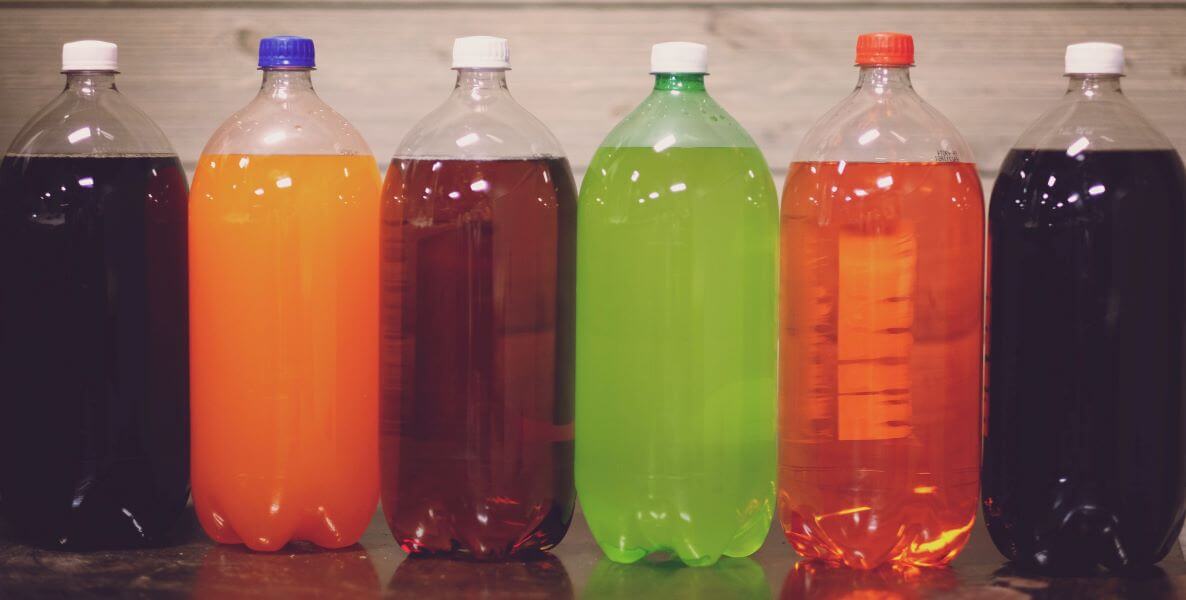As they say to small children in child care centers, “sharing is caring.” I care about the quality of our civic dialogue and the values held by the next mayor. So I am sharing some thoughts here about a misleading polling question conducted by A Greater Philadelphia and published here in The Citizen last week.
In 2017, Philadelphia became the largest city in the United States to implement a 1.5-percent tax on sweetened beverages. When City Council voted 13 to 4 in favor, it sent shock waves through Big Soda, an industry that enjoys billions in profits. So many celebrated mightily because the vision for PHLpreK, Community Schools and the investments in the REBUILD sites could move from design to launch.
PHLpreK has since served over 10,000 families with free, quality pre-K. The program incentivizes and finances child care centers so they can boost quality in all neighborhoods. It bolsters women and minority-owned businesses in the child care sector. Despite these accomplishments, A Greater Philadelphia issued a poll question loaded with thinly veiled attacks on the funding source for one of the most proven, efficient and effective public policy paths to improving a child’s life trajectory.
Why the recent polling about the city’s soda tax is deeply flawed
1. IT OMITS KEY FACTS
The question implied that half the tax generated is money for PHLpreK but the remainder is being used for wanton purposes. The tax not only supports PHLpreK but also specific uses of capital investments in playgrounds, parks, libraries and the ongoing Community Schools program. Yes, in FY 2021, the tax generated just under $70 million for the City. However, the verbiage explaining the polling data implies says that half of the law’s revenue was used for PHLpreK, but “most of the rest was spread across the general fund.”
The revenue is designed and obligated for a fuller expansion of PHLpreK and continued costs of the other programs. PHLpreK cannot be invested all at once. Quality child care centers can only expand capacity slowly and sustainably. Physical child care spaces require special aspects and need long-term investments in leases or mortgages. The workforce supply ramps up slowly too. Talent pipelines for recruitment and professional qualifications are all being built and fragile. Retention of owners, directors and teachers is an ongoing challenge, exacerbated by the private-sector wage increases. Reliable, ongoing financial support of the sector is key to its health.
2. IT STATES FALSE INTENTIONS
The intent of the law was never about anti-obesity or sugar-related health problems. People do not like being told what to do with their own body. Go no further than the current mask backlash to know this to be true. While the health benefits are real, the PHLBevTax law exists because of a strong, diverse, well-organized coalition favoring parks, playgrounds, libraries, community schools and quality Pre-K. The polling question is disinformation designed to generate and misdirect anger. People from all neighborhoods now benefit from PHLpreK and the other initiatives.
3. IT STATES FALSE OUTCOMES
A false outcome of the tax is embedded in the question. There is scant evidence it has hurt the City’s economy. In fact, the beverage industry is doing better than ever as sales of non-sweet beverages, such as filtered water in plastic bottles, increased. Further—like with alcohol and tobacco taxes—some people did initially travel over county lines to avoid the 1.5 percent tax. But also, like tobacco and alcohol, residents soon realized the tax was too negligible to justify the inconvenience and extra gasoline costs as evident by fairly stable tax revenues. It takes a few years for these types of taxes to become more predictable.
A Greater Philadelphia apparently exists to “raise expectations” and “demand better”. However, the recent polling question is unaligned with a mission. As a 501c4 organization, this group will most likely endorse candidates. Last week, it became clear they are likely to endorse at least one candidate who also enjoys a blessing from Big Soda. The polling question was a bad omen for the quality of upcoming civic dialogue.
The electorate deserves a discussion about each candidate’s vision. We do not need a reactionary and distorted debate attacking Philadelphia accomplishments while rehashing past—and settled—political battles. The City of Philadelphia needs to focus on performance and problem-solving, not pettiness. Let’s please have a fact-based civic dialogue instead of relying on “polling data” contrived for the benefit of Big Soda.
Anne Gemmell was the City’s first pre-K director and then led the “future of work” policy response. She founded Future Works Alliance PHL and is now a certified collaboration architect at A.Gemm Consulting, a business specializing in strategic collaboration for innovative leaders.
The Citizen welcomes guest commentary from community members who stipulate to the best of their ability that it is fact-based and non-defamatory.
![]() RELATED STORIES FROM THE CITIZEN
RELATED STORIES FROM THE CITIZEN
Photo by Amanda Shepherd on Unsplash




